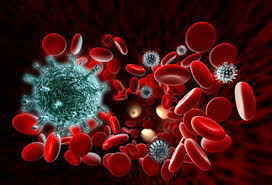Source: nzaf.org.nz
AIDS stands for Acquired Immune Deficiency Syndrome and is an advanced form of HIV. Not everyone that has HIV develops AIDS, largely thanks to advances in medications.
AIDS can develop when HIV weakens a person’s immune system so their body is no longer able to protect itself against infections and diseases that a normal immune system would fight off.
As a result, an HIV positive person may show symptoms of different infections and diseases called opportunistic infections. When someone shows symptoms of one or more of these infections, they are considered to have AIDS.
Different people with AIDS may experience different clinical problems, depending on what specific opportunistic infections they develop.
People who are diagnosed with AIDS can recover and regain their health, but they will still be HIV positive.
Opportunistic infections
HIV weakens the immune system by attacking the CD4 cells, or T4-cells (a subset of the white blood cells), in a person. So, an already stressed immune system is vulnerable and presents an opportunity for other infections and viruses to cause people living with HIV to become ill.
While people who don’t have HIV can get opportunistic infections because of other health complications like cancer, people with HIV are more likely to develop them. Opportunistic infections are more frequent and more severe in people with HIV, and can often lead to an AIDS diagnosis.
As your doctor would monitor your general health, CD4 counts and viral load, you would be able to keep an eye on any risks from opportunistic infections. Nowadays, studies show that the use of prophylaxis and anti-HIV treatment are delaying opportunistic infections that may have otherwise occurred in the past. It is important that those living with HIV stay on treatment, as stopping treatment may increase the risk of opportunistic infections.
